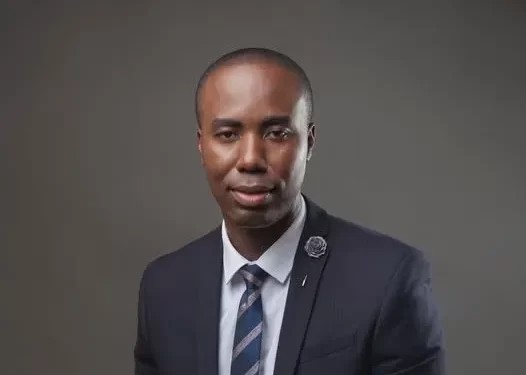Basic National Security Expenditure and Operations Education for the Attorney-General – The Case of Adu-Boahene

- To break it down, the matter brought against Kwabena Adu-Boahene relates to some GHS 49,100,000 that the Attorney-General/EOCO asserts to be the equivalent of USD 7 million, meant for a Cyber Defense system for National Security, for which only USD 1,750,000 (being GHS 9,537,500 at an exchange rate of 5.45 at the time) was transferred towards purchase of the equipment, and after which the Attorney-General alleges that Kwabena Adu-Boahene squandered the rest of the monies.
- This very premise makes the case fall flat, because the attempt by the Attorney-General to make the GHS 49 million conform to the equivalent of USD 7 million to suit his cause is a sham, as by their own provided exchange rate of 5.45, the GHS 49,100,000 will amount to over USD 9 million, and not the USD 7 million as being forcefully pushed by the Attorney-General.
- To the contrary, our sources in National Security tell us that the GHS 49,100,000 were what they refer to as special operations funds, which were released in Ghana Cedis value for the special operational considerations they were intended for, and not some Dollar-denominated consideration that has formed the bedrock of the Attorney-General’s case.
The Subject of Special Operations and Funding
- National Security and the Intelligence Agencies, like all government subvented institutions, operate General Administration accounts, into which funding for annual budgets such as Goods and Services, Compensation and sometimes Capital Investment is paid into. These accounts are audited and the institutions keep books of accounts, records, returns and other documents relevant to the accounts in a form approved by the Auditor-General for auditing purposes.
- In addition to General Administration accounts, National Security and the Intelligence Agencies may use Special Operations accounts to fund operations and other expenditure sometimes deemed SECRET AND TOP SECRET in security classification, and are not subjected to audit.
- Special Operations funds may be arranged from both public and private sources; and it is particularly characteristic of Special Operations to be funded with hard cash, drawn from Special Operations accounts, including those held by Special Purpose Vehicles (SPVs) to meet set national security objectives.
- Our understanding is that what the Attorney-General is calling “Private BNC” was a Special Operations SPV duly authorized by National Security, for the security and intelligence operational considerations of the time, and not a private enterprise Kwabena Adu-Boahene was benefiting from, as alleged by the Attorney-General.
- It is instructive to note that:
i) In respect of the acquisition of the Cyber Defence System, the Israeli Company (ISC Holdings) has written officially to confirm that they have fully supplied the software and equipment, for which full payment has been received, and there is also confirmation from the National Signals Bureau that the mentioned suite of Cyber Defense tools were fully delivered, and are even presently in use by the Bureau.
ii) At no point has National Security or the Intelligence Agencies or the Auditor-General complained about any misuse, misapplication or misappropriation of Special Operational funds on the part of Mr. Kwabena Adu-Boahene in the course of his work.
iii) It is preposterous for Frank Marshall Cromwell the EOCO investigator, or any other actor in EOCO to make assumptions on what they thought the National Security establishment of the day (in 2020) was trying to achieve with Special Operations funds. That is called second-guessing the activities of an intelligence agency, without the necessary inside information.
Witness Statements
- Frank Anane Dekpey (the driver/errand boy) mentions in his witness statement that he ran bank errands to withdraw cash, which he delivered to no other place than the office of the National Signals Bureau in Labone. This is normal practice with National Security agencies where cash is used to fund the activities of operatives and other Special Operations. His statement is at variance with the Attorney-General’s assertion that Kwabena Adu-Boahene withdrew cash for his personal use. Also, since the errand boy would not know the details of the National Security Special Operations for which the monies were meant, his statement is at best inconsequential to the case.
- Edith Ruby Adumuah admits in her statement that the Special Operations accounts were managed by the Director General and the National Security Coordinator, and thus she would not be privy to the transactions on those accounts. Operating on a “need to know” basis, she may not have been aware that the alleged “Private BNC” was a duly authorized Special Operations SPV.





